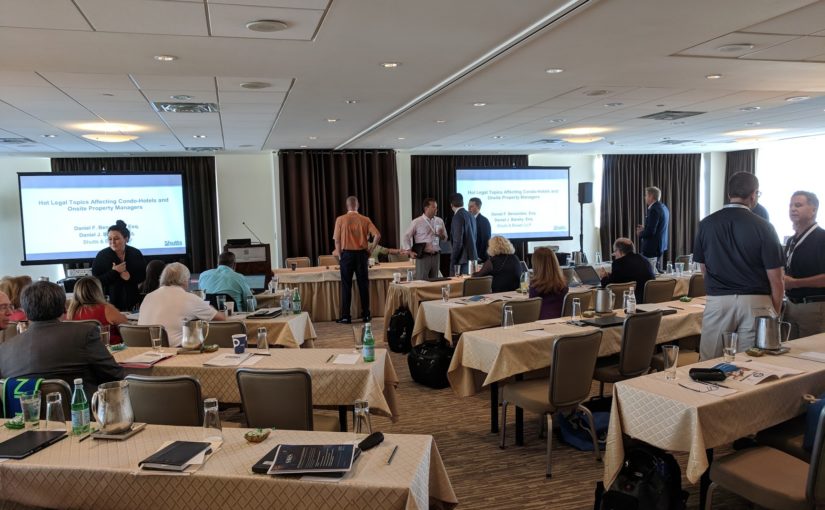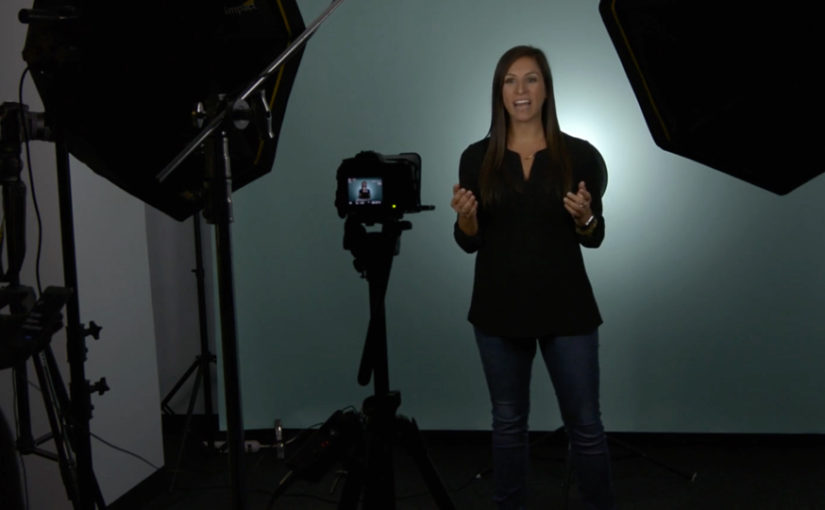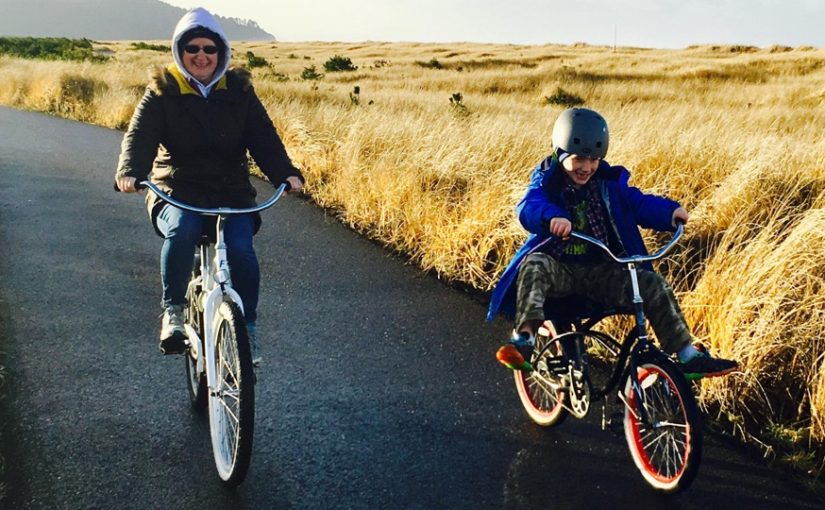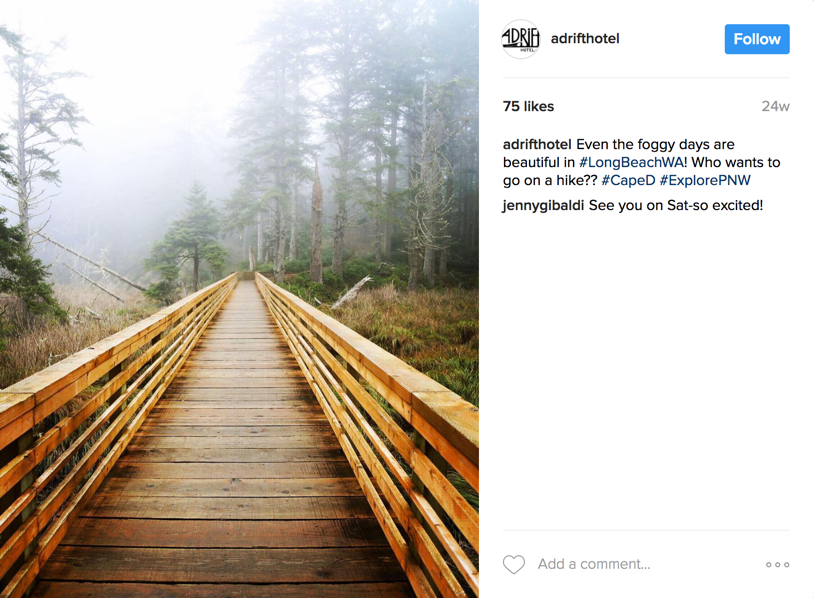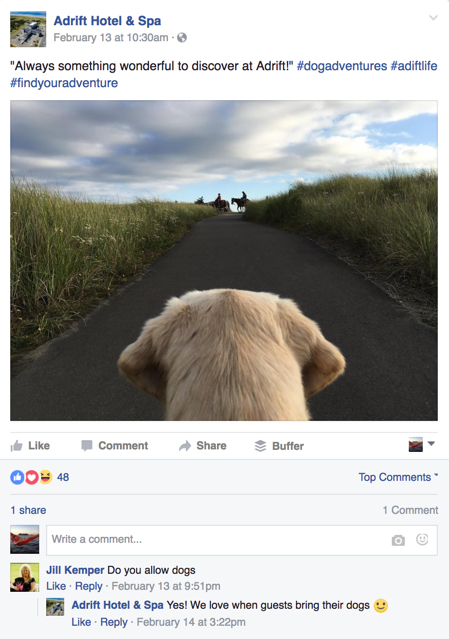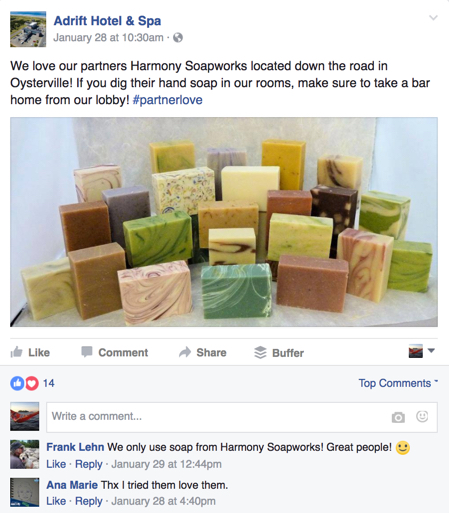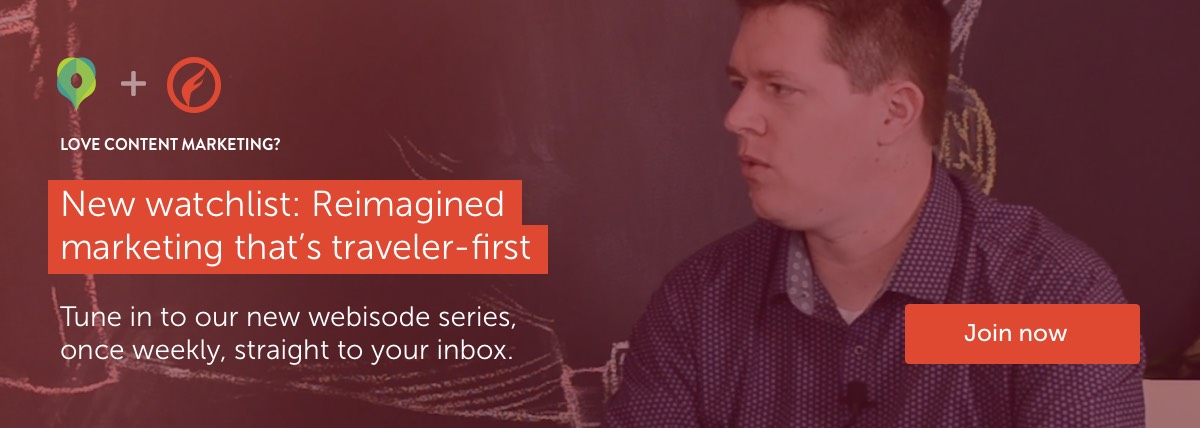This May, we attended our second OPMA Executive Summit since becoming members.
Aside from industry insights, one of our favorite aspects of both OPMA membership and events is the chance to meet up with like-minded industry partners and friends who are also committed to advancing travel.
We reached out to a few for their thoughts on the spring summit and received some great thoughts on the event and OPMA’s advocacy network.
Take a look at their insights below:
Alex Husner, CMO, Condo-World Resort Properties on OPMA:
“The purposefully small group atmosphere allowed for great conversations and networking, and the ability to meet almost everyone at the event. The attendees represented many of the most well known and respected brands in the industry, traveling from as far east as Vermont to as far west as Hawaii!
One of the key takeaways I noticed with this group was an abundant support of collaboration between members…from sharing marketing successes to tackling legal challenges and homeowner relations—no topic was off limits!
This is a group of like-minded, innovative business owners and C-level executives that are all supportive of helping each other succeed. I’m excited to attend more events and learn from our industry’s best and brightest.”
Stuart Butler, COO, Fuel Travel on the vacation rental industry and the organization’s role in shaping travel:
“The condo-hotel space faces several unique challenges. Firstly, the fact that the management company has to juggle the priorities of the two stakeholders (the owner and the guest) means that there are constant decisions that have to be made that may benefit one party, while negatively impacting the other.
Having homeowners maintain the quality of their units also poses unique challenges in terms of the quality of the product and the guest experience. This can lead to negative reviews, which impacts ADR and occupancy. Finally, the lack of awareness that the consumer has regarding the differences between on-site and off-site renters is a major problem — one that is exacerbated by the fact that the OTAs and TripAdvisor don’t distinguish between the two.
OPMA is a very special and unique organization. The members—both managers and vendors—seem to have a genuine desire to want to work together to help drive the industry forward. OPMA has introduced us to a lot of new people with whom we can collaborate and solve the problems that the industry is facing.”
Maurice Arbelaez, Corporate Director of Sales & Marketing, Millenium Management on the summit:
“OPMA explored common issues and challenges we share with other management companies and condo resorts operators, working to improve collaboration with other members to benefit both of us.
OPMA creates a vehicle to share and exchange ideas and best practices with other on-site management companies that experience similar challenges. Members also benefit from services that offer solutions to those challenges, enhancing the guest experience to surpass expectations.”
What are your thoughts on the challenges for the vacation rental industry? Join the conversation! We look forward to continuing to advance this dynamic industry together.
